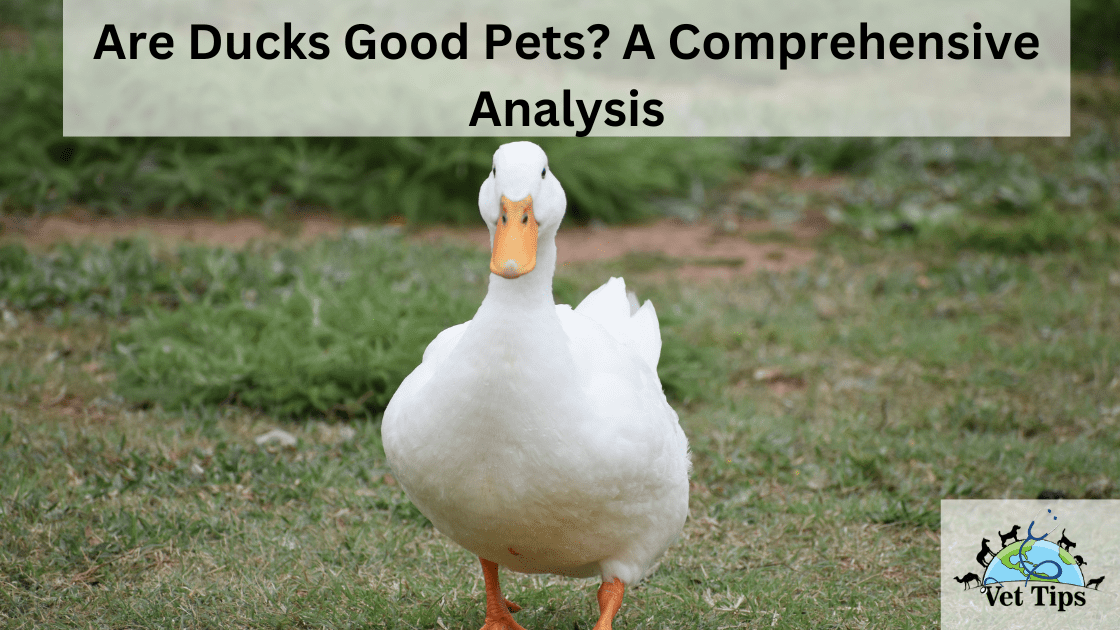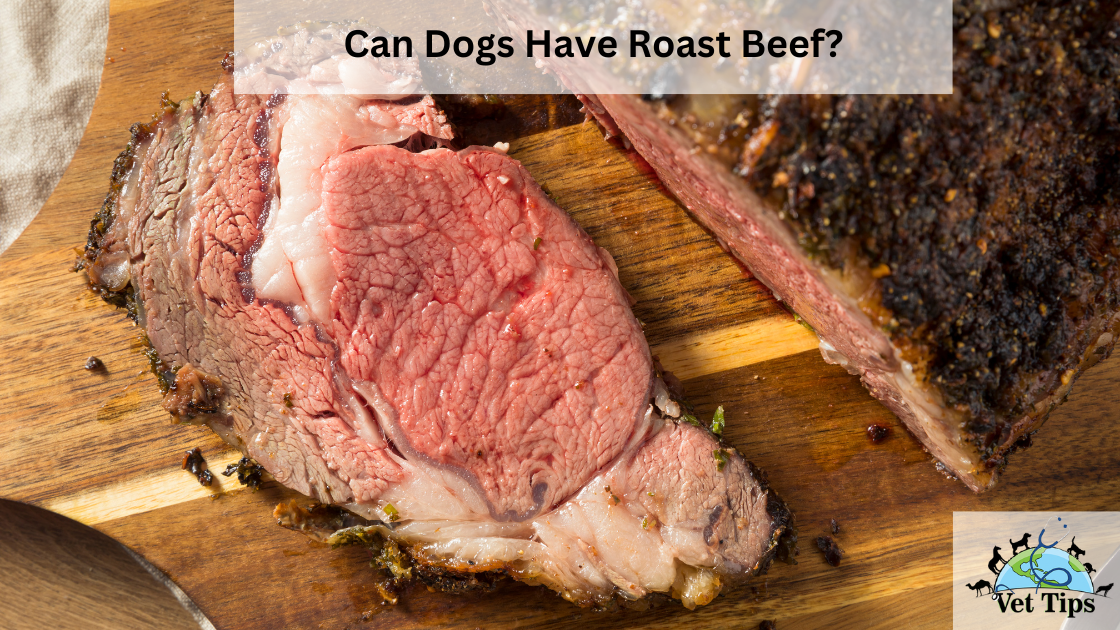When it comes to choosing a pet, ducks may not be the first animals that come to mind. However, these feathered companions can bring joy and uniqueness to your household. Before making a decision, it’s important to understand the nature of ducks and consider whether they make suitable pets. In this comprehensive analysis, we will delve into the various aspects of the topic: Are Ducks Good Pets? From their care requirements and social nature to their potential challenges, we’ll provide you with the information you need to determine if ducks are the right choice for you.
Are Ducks Good Pets?
Ducks are wonderful, gentle, inexpensive, and amusing pets. Some duck breeds are wild and cannot be maintained as pets. Ducks are extremely compassionate creatures who enjoy living in clean settings. They should always have access to clean water. They go into the water if they feel dirty or have soil on their bodies.
Ducks are commonly kept as meat and egg birds, but they are also raised as amusing and sociable pets these days. In comparison to chickens and other poultry birds, they do not require a lot of upkeep, care, and attention. Ducks, on the other hand, are more clever, devoted, and sociable pets. If properly cared for, they can live for 15 to 18 years.
Mostly ducks are kept as pets for children. Ducks are quite shy and polite. They do not harm or injure the children in any way. Ducks don’t bite their friends since it’s in their nature.
Ducks are excellent pets, but keeping them as pets requires a one-of-a-kind and special setup, including the correct breed, time, and space. These are flock birds so they can’t be kept as single, keep ducks in pairs.
Characteristics of Ducks
Ducks are aquatic birds that belong to the Anatidae family. They are known for their distinctive bills, webbed feet, and charming waddling walk. Here are some key characteristics to consider:
- Social Nature: Ducks are social creatures that thrive in the company of others. They often form strong bonds with their human caretakers and can exhibit affectionate behavior.
- Outdoor Space: Ducks require ample outdoor space to roam and explore. They are happiest when they have access to a secure and spacious pond or yard where they can swim, forage, and interact with their environment.
- Water Requirements: Ducks have a natural affinity for water. They need access to clean water for swimming, preening, and maintaining their feathers’ health. However, it’s important to note that not all ducks can live in all climates, and some breeds are better suited for specific regions.
Care Requirements
If you’re considering ducks as pets, it’s essential to understand their care requirements. Here are some key aspects to consider:
- Housing: Ducks need appropriate housing to protect them from predators and harsh weather conditions. A secure coop or shelter is necessary to provide them with warmth, safety, and a place to rest.
- Feeding: Ducks have specific dietary needs. They require a balanced diet that includes commercial waterfowl feed, fresh vegetables, and access to clean water. It’s important to avoid feeding them bread or other unhealthy human foods, as these can be detrimental to their health.
- Healthcare: Like any pet, ducks require regular veterinary care. They need vaccinations, parasite prevention, and occasional check-ups to ensure their well-being. It’s essential to find a veterinarian experienced in avian care.
Unique Benefits of Having Ducks as Pets
While ducks may not be the conventional choice for a pet, they offer several unique benefits:
- Egg Production: Many duck breeds are excellent egg layers. If you enjoy fresh eggs, having ducks can provide you with a regular supply of nutritious eggs.
- Pest Control: Ducks have a natural inclination to forage and eat insects and pests. They can help control unwanted bugs in your yard or garden.
- Entertainment and Bonding: Ducks can be entertaining and offer companionship. They have distinct personalities and can form strong bonds with their human caretakers.
Potential Challenges
It’s important to be aware of the potential challenges that come with having ducks as pets:
- Mess and Odor: Ducks can be messy creatures, especially around water sources. They may create mud or leave droppings, which require regular cleaning. Additionally, the smell associated with their droppings may be a concern for some.
- Specialized Care: Ducks have unique care requirements that may differ from traditional pets. It’s crucial to educate yourself about their needs and be prepared to invest time and effort into meeting those requirements.
- Long Lifespan: Ducks can live for many years, with some breeds reaching up to 10 years or more. Before bringing ducks into your life, consider the long-term commitment involved in their care.
Conclusion: Are Ducks Good Pets?
Ducks can make interesting and enjoyable pets for the right individuals who are willing to provide the necessary care and meet their specific needs. They offer unique benefits such as companionship, egg production, and pest control. However, it’s crucial to consider the challenges they present, including their need for outdoor space, specialized care requirements, potential mess and odor, and the long-term commitment involved.
Before deciding to have ducks as pets, take the time to research and understand their behavior, housing requirements, and nutritional needs. Ensure that you have the appropriate space and resources to accommodate their needs, including access to water and a safe environment. Additionally, consult with a veterinarian experienced in avian care to ensure you can provide proper healthcare for your feathered friends.
Check out this cool Duck T-shirt for duck parents
Tell us in the comments, how you like our article “Are ducks good pets?“
For similar posts like this, click here.
For the source file, click here.





One thought on “Are Ducks Good Pets? A Comprehensive Analysis”